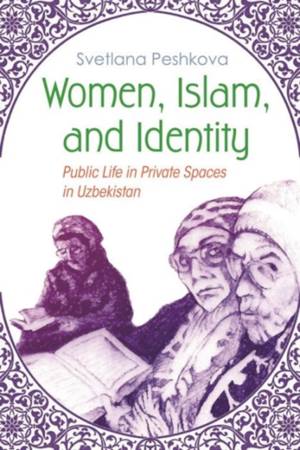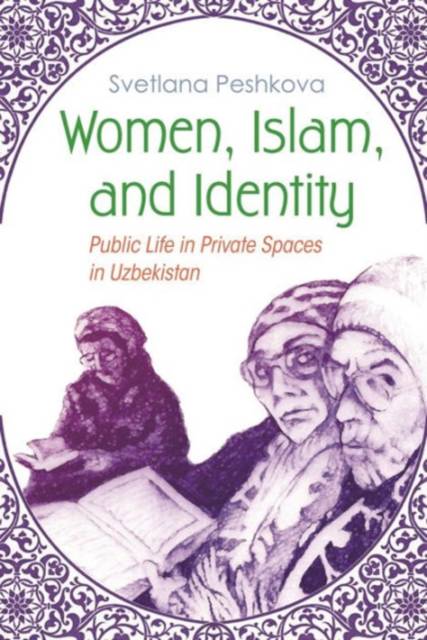
- Retrait gratuit dans votre magasin Club
- 7.000.000 titres dans notre catalogue
- Payer en toute sécurité
- Toujours un magasin près de chez vous
- Retrait gratuit dans votre magasin Club
- 7.000.0000 titres dans notre catalogue
- Payer en toute sécurité
- Toujours un magasin près de chez vous
Description
This pioneering ethnographic work centers on the dynamics of female authority within the religious life of a conservative Muslim community in the Fergana Valley of Uzbekistan. Peshkova draws upon several years of field research to chronicle the daily lives of women religious leaders, known as otinchalar, and the ways in which they exert a powerful influence in the religious life of the community. In this gender-segregated society, the Muslim women leaders have staked out a vibrant space in which they counsel and assist the women in their specific religious needs. Peshkova finds that otinchalar's religious leadership filters into other areas of society, producing social changes beyond the ritual realm and challenging stereotypical definitions of what it means to be a Muslim woman.
Weaving together the stories of individuals' daily lives with her own journey to and from post-Soviet Central Asia, Peshkova provides a rich analysis of identity formation in Uzbekistan. She presents readers with a nuanced portrait of religion and social change that starts with an individual informed but not determined by the sociohistoric context of the region.Spécifications
Parties prenantes
- Auteur(s) :
- Editeur:
Contenu
- Nombre de pages :
- 368
- Langue:
- Anglais
- Collection :
Caractéristiques
- EAN:
- 9780815633730
- Date de parution :
- 01-11-14
- Format:
- Livre relié
- Format numérique:
- Genaaid
- Dimensions :
- 157 mm x 234 mm
- Poids :
- 612 g

Les avis
Nous publions uniquement les avis qui respectent les conditions requises. Consultez nos conditions pour les avis.






